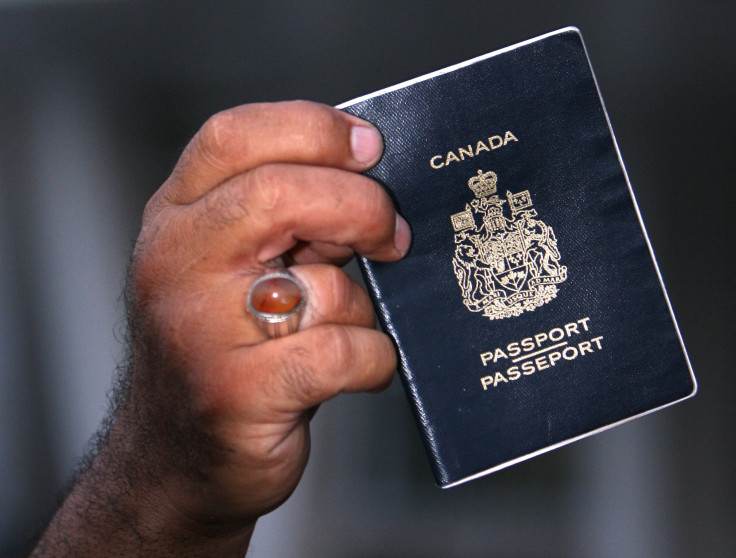Sons Of Russian Spies In US Demand To Have Their Western Citizenship Back

Two Russian brothers, Alexander and Timothy Vavilov, are fighting a legal battle to regain their Canadian citizenship, after they were stripped off their Canadian passports as their parents had turned out to be Russian spies.
Timothy, 25, and Alexander, 21, argue they should not face the music for what their parents did. Alexander is studying for an undergraduate degree in a European city at present. He said it was not fair to punish them for something they had nothing to do with.
“I now feel I must live in exile because of past events completely out of my control or knowledge,” the former Toronto resident told The Star. “I believe that if I don’t fight for my rightful citizenship I may never be able to return to my birthplace.”
Elena Vavilova and Andrey Bezrukov, Alexander and Timothy’s parents, stole identities of two dead Canadians Tracey Ann Foley and Donald Heathfield. FBI agents arrested them in 2010 over espionage charges in the United States, before the family was deported to Russia in a spy swap after it had stayed in the U.S. for 11 years.
According to an FBI press release in 2010, Vavilova and Bezrukov admitted they were Russian citizens and were agents of the Russian Federation. The U.S. authorities agreed to transfer them to Russia. In exchange, Russia “agreed to release four individuals who are incarcerated in Russia for alleged contact with Western intelligence agencies.”
Hadayt Nazami, the lawyer for the brothers, argued that “punishing children for the deeds of their parents is morally and legally wrong.” While Vavilova and Bezrukov are never accused of spying on Canada, they used their Canadian identities to spy on “their primary target,” the United States.
The Registrar of Canadian Citizenship refused to issue citizenship certificates to the brothers in August 2014. Canadian authorities argued the boys should not be granted the citizenship since their parents had been employed to a foreign government during their stay in Canada.
“There is adequate evidence on the record to reasonably conclude that his parents’ presence in Canada constituted part of their (spying) mission for the Russian government,” Federal Court Justice Richard Bell wrote in a recent ruling.
© Copyright IBTimes 2024. All rights reserved.





















